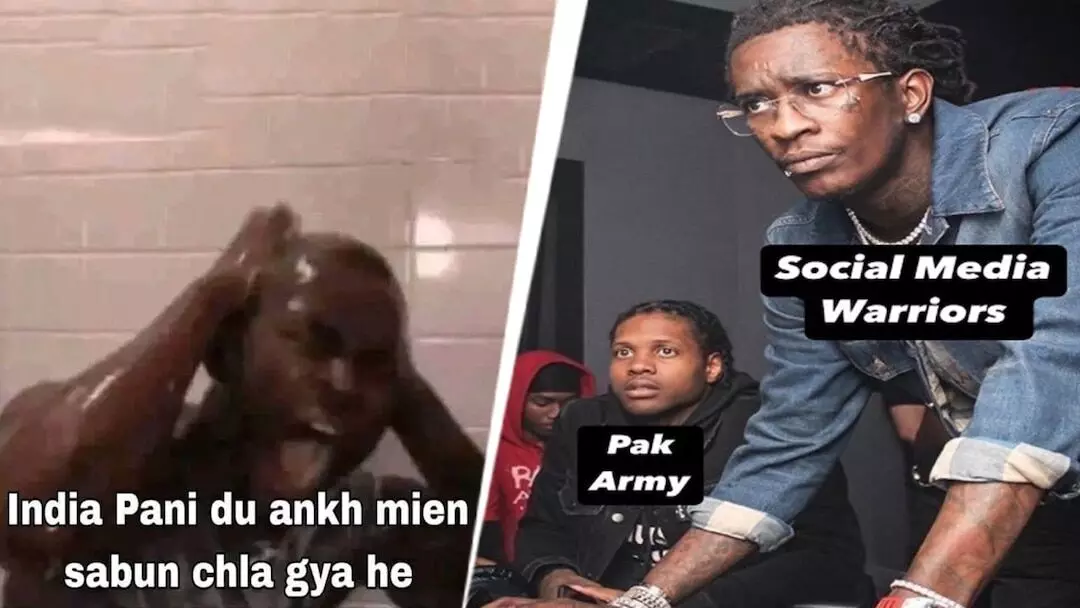Memes Amidst Mayhem: How Pakistanis Use Humor to Cope with Tensions

In the wake of the recent Pahalgam terror attack that claimed the lives of 26 innocent tourists, the tensions between India and Pakistan have escalated dramatically. While the Pakistani leadership is grappling with the implications of India's swift retaliatory actions—like suspending the Indus Waters Treaty and downgrading diplomatic relations—ordinary citizens have taken to social media for a different kind of response. Instead of despair, many are turning to humor, particularly memes, to cope with the situation. This phenomenon raises some intriguing questions about the power of humor in times of crisis.
Humor has often been a coping mechanism for societies facing adversity. In Pakistan, social media users have flooded platforms with memes, poking fun at their own circumstances while reflecting on the dire state of their infrastructure and economy. For instance, one user joked that if India wants to attack, they should do it before 9 PM when the gas supply is cut off. This self-deprecating humor serves not only as a way to lighten the mood but also as a means to voice frustration about ongoing issues like chronic power outages and economic hardships.
The memes don’t just serve to entertain; they also act as a subtle form of resistance against the prevailing gloom. By laughing at their own misfortunes, Pakistanis are reclaiming some agency in a situation where they might otherwise feel powerless. One particular meme suggested that the government might welcome an invasion to alleviate financial burdens, highlighting the absurdity of their current economic struggles. This kind of humor can foster a sense of solidarity among citizens as they share their common frustrations.
While humor reigns on one side of social media, the other side is a breeding ground for misinformation regarding the Pahalgam attack. Some users have gone as far as to label the incident as an 'Indian false flag operation'. AI-generated videos with altered imagery have circulated, muddying the waters of public discourse. This duality of social media—where humor and misinformation coexist—poses a significant challenge for the fabric of societal narratives.
In the realm of public discourse, Pakistani celebrities have also weighed in on the matter. Actors like Farhan Saeed and Sabeena Farooq criticized the Indian media for its sensationalist coverage of the attack, urging for more responsible reporting. Their voices add an important layer to the conversation, emphasizing that while humor can be a tool for resilience, the narrative surrounding such tragic events needs to be approached with sensitivity and awareness.
As Pakistan navigates through these turbulent times, the balance between using humor as a coping mechanism and addressing serious issues becomes crucial. While memes can provide temporary relief, it is also essential for citizens to engage in constructive dialogue about the ongoing challenges they face, including economic instability and security concerns. The juxtaposition of humor and reality can serve to unite people in both laughter and activism, creating a more robust community response.
In conclusion, while the Pahalgam attack has understandably incited fear and anxiety, the resilience shown through humor among Pakistani citizens is a testament to their spirit. It’s a reminder that even in the darkest of times, laughter can serve as a beacon of hope, providing much-needed relief and a sense of community. As tensions rise, it is vital that both humor and serious discourse coexist, allowing for a multifaceted approach to the challenges ahead.
